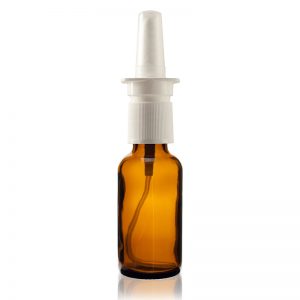Description
Ivermectin
What is Ivermectin and what is it used for?
River blindness, threadworms, scabies, head lice, rosacea, roundworm, pinworm, whipworm.
How does Ivermectin work?
Ivermectin is a broad spectrum antiparasitic agent. Avermectins (ivermectin included) binds selectively with a high affinity to glutamate-gated chloride ion channels in invertebrate nerve and muscle cells. It leads to an increase in permeability of the cell membrane and results in paralysis and death of the parasite. Avermectins can also bind to other ligand-gated chloride channels such as the GABA-gated channels. Ivermectin does not cross the blood brain barrier and is metabolized by the liver and excreted over 12 days.
Ivermectin side effects:
Most side effects are due to the immune response of the body as a result of the death of the parasite/infection. The side effects include itching, rash, swollen lymph nodes, joint pain, fever, and headache. However, in a study combining trials with more than 50,000 patients, serious events occurred in less than 1% of patients. Side effects have also been reported by those that are using ivermectin from veterinarian sources for the treatment and prevention of COVID-19. Use of ivermectin from veterinarian sources is dangerous due to the contaminates and high doses that are not safe for human consumption.
Other cautions:
Take with a full glass of water. Follow prescription directions. Take the medication at regular intervals to improve efficacy. Do not skip doses or stop taking before the prescription is completely finished unless otherwise directed by your healthcare provider.






